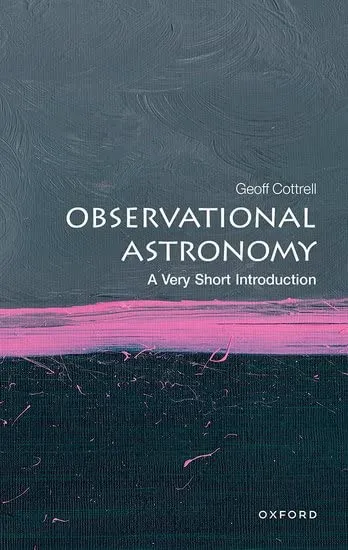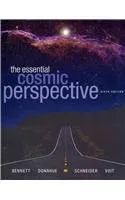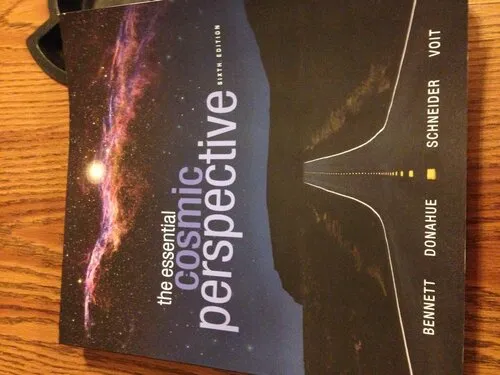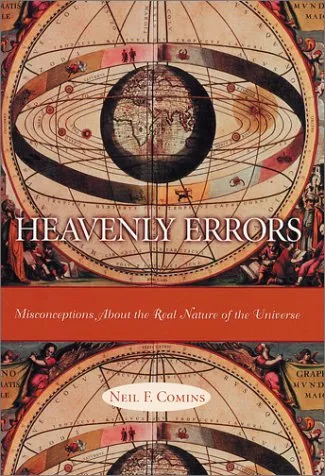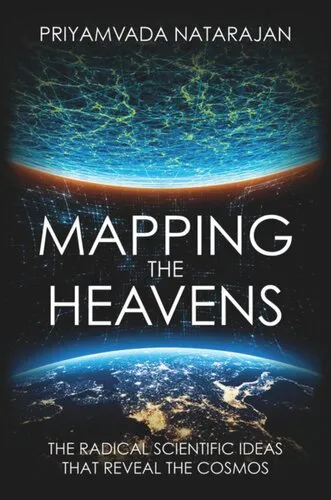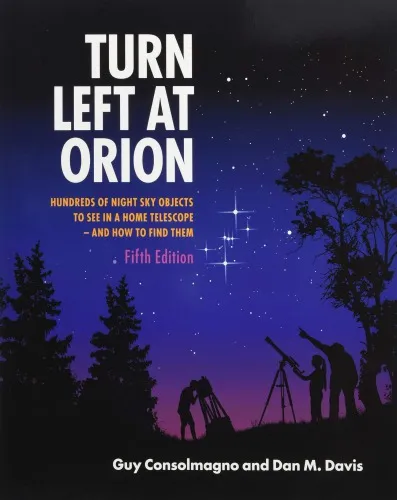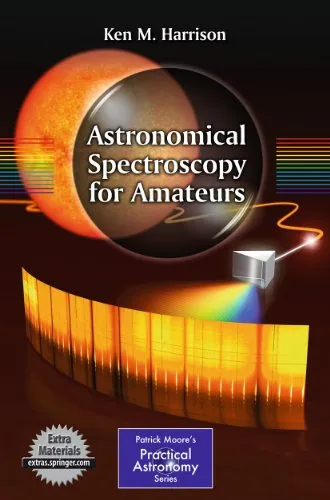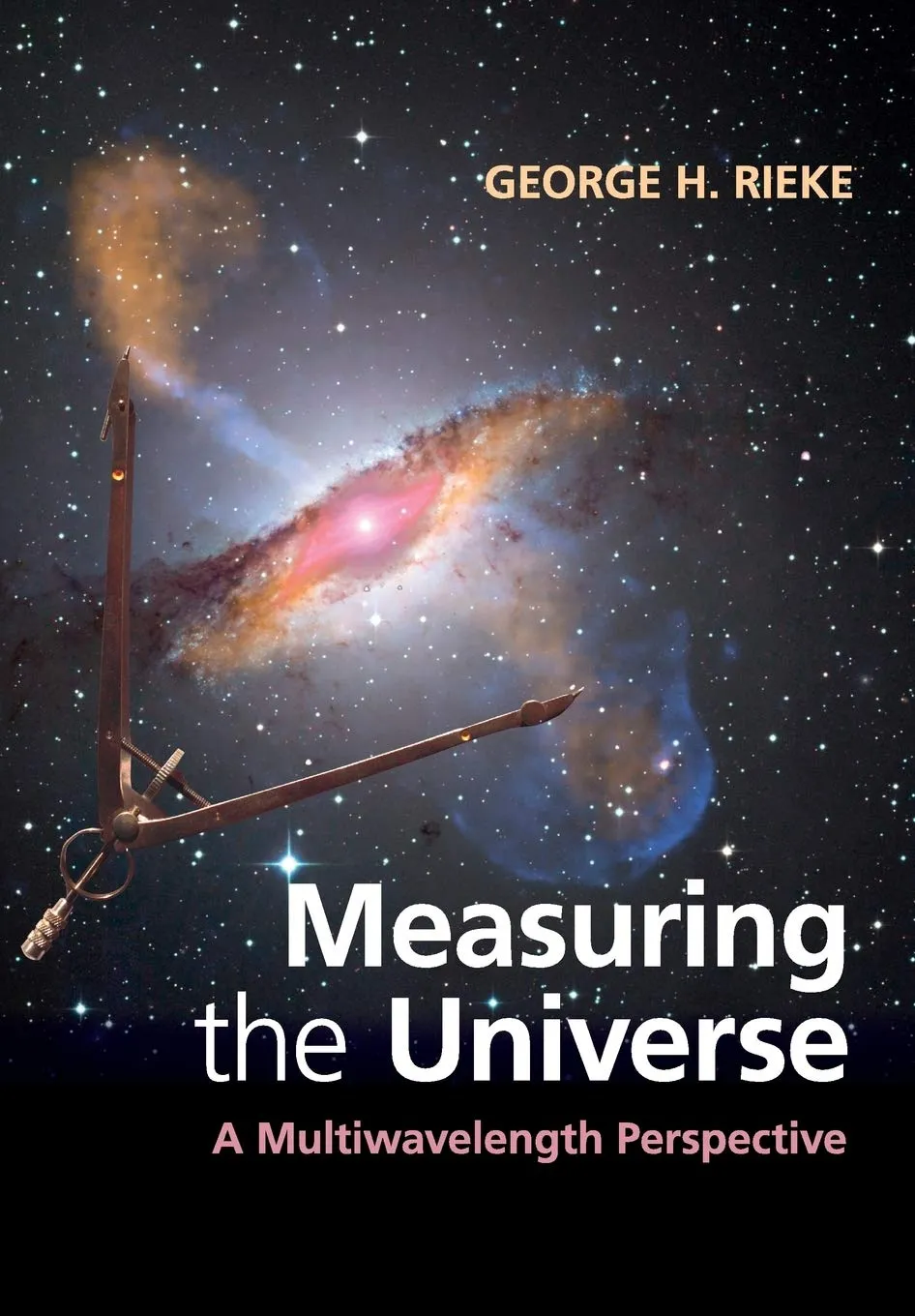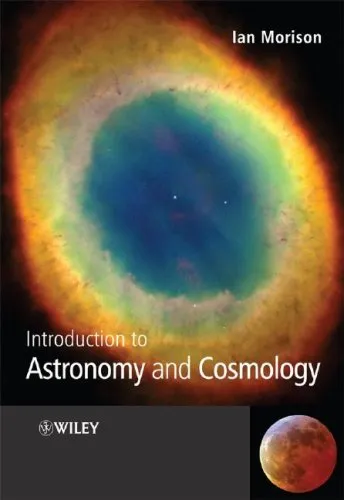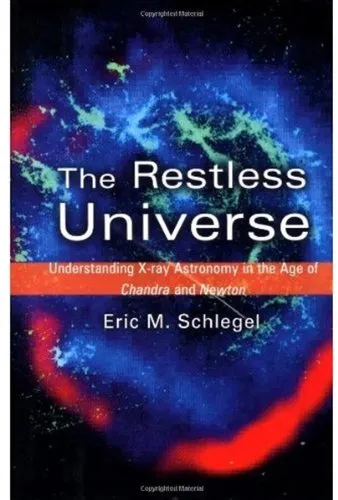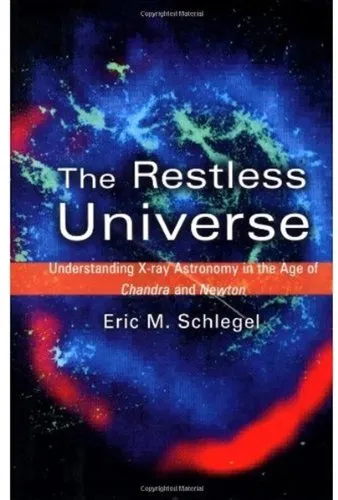Observational Astronomy: A Very Short Introduction
4.5
Reviews from our users

You Can Ask your questions from this book's AI after Login
Each download or ask from book AI costs 2 points. To earn more free points, please visit the Points Guide Page and complete some valuable actions.Related Refrences:
Introduction to "Observational Astronomy: A Very Short Introduction"
Astronomy is one of the oldest sciences, captivating human minds for millennia as we look to the heavens for answers to life's biggest questions. In my book, "Observational Astronomy: A Very Short Introduction", I aim to bridge the gap between the raw fascination of stargazing and the systematic, tangible practice of observing the universe like a true scientist. This accessible guide explores the principles, tools, and history of observational astronomy, offering a concise yet thorough perspective for readers of all backgrounds.
From amateur skywatchers to seasoned astrophiles, the book appeals to anyone who wishes to understand the synergy of art and science behind astronomical observation. It delves deeply into how professionals and enthusiasts alike harness light, optics, and cutting-edge technology to uncover the mysteries of stars, galaxies, and beyond. The narrative intertwines human curiosity with scientific methodology, presenting astronomy not just as a subject of study but as a shared human endeavor that connects us to the cosmos.
Detailed Summary of the Book
Observational astronomy lies at the heart of our understanding of the universe, and this book serves as a compact guide to mastering its foundations.
The journey begins with a historical overview, tracing the roots of observational techniques back to ancient civilizations that charted stars with rudimentary tools. It highlights significant breakthroughs—such as Galileo's telescopic discoveries—that heralded a new era of understanding. From there, the text explores contemporary practices, explaining how modern astronomers use everything from ground-based telescopes to spacecraft and satellites to collect and analyze data.
The book also demystifies the physics of light and optics, providing a clear explanation of how telescopes work and why they have specific designs for certain tasks. Additionally, it introduces the captivating world of spectroscopy—an essential tool that enables astronomers to study the chemical composition, temperature, and motion of distant objects. Complementing these technical aspects, the book speaks to the practicalities of night sky observation, drawing attention to the importance of finding the right location, dealing with light pollution, and tuning equipment for optimal results.
Finally, readers will discover the fascinating challenges observational astronomers face, including atmospheric distortions, cosmic ray interference, and the logistical complexities of operating observatories in remote, often extreme conditions.
Key Takeaways
- A concise history of observational astronomy, from ancient practices to modern advancements.
- An introduction to the physics of light and the mechanics behind telescopes and other instruments.
- Insight into techniques like spectroscopy and how astronomers analyze celestial objects.
- Practical advice for amateur astronomers, including tips on observing the night sky effectively.
- A discussion of the challenges faced by modern observational astronomy.
Famous Quotes from the Book
"Astronomy is not just about understanding celestial objects; it’s about understanding ourselves. The night sky is a mirror that reflects humanity’s endless curiosity."
"The universe speaks to us in the language of light. To observe is to listen."
"Every photon that reaches our telescopes carries a message from the past, a story of creation stretching across unimaginable distances."
Why "Observational Astronomy: A Very Short Introduction" Matters
In an age dominated by technology and urbanization, the wonder of the night sky often goes unnoticed. This book reminds readers of the profound connection between humans and the cosmos, which has fueled scientific inquiry and inspired countless cultures. By shedding light on both the technical and philosophical sides of astronomy, the text demonstrates the importance of maintaining this connection in our modern world.
Furthermore, as astronomy continues to push the boundaries of human knowledge, the book serves as an entry point for individuals who wish to explore the field. Its accessible language and compact format make it an ideal resource for anyone interested in science, from students to lifelong learners.
Ultimately, "Observational Astronomy: A Very Short Introduction" underscores the fact that astronomy belongs to everyone—it is a shared pursuit that transcends borders and inspires awe for the universe we inhabit.
Free Direct Download
You Can Download this book after Login
Accessing books through legal platforms and public libraries not only supports the rights of authors and publishers but also contributes to the sustainability of reading culture. Before downloading, please take a moment to consider these options.
Find this book on other platforms:
WorldCat helps you find books in libraries worldwide.
See ratings, reviews, and discussions on Goodreads.
Find and buy rare or used books on AbeBooks.
1313
بازدید4.5
امتیاز0
نظر98%
رضایتReviews:
4.5
Based on 0 users review
Questions & Answers
Ask questions about this book or help others by answering
No questions yet. Be the first to ask!
